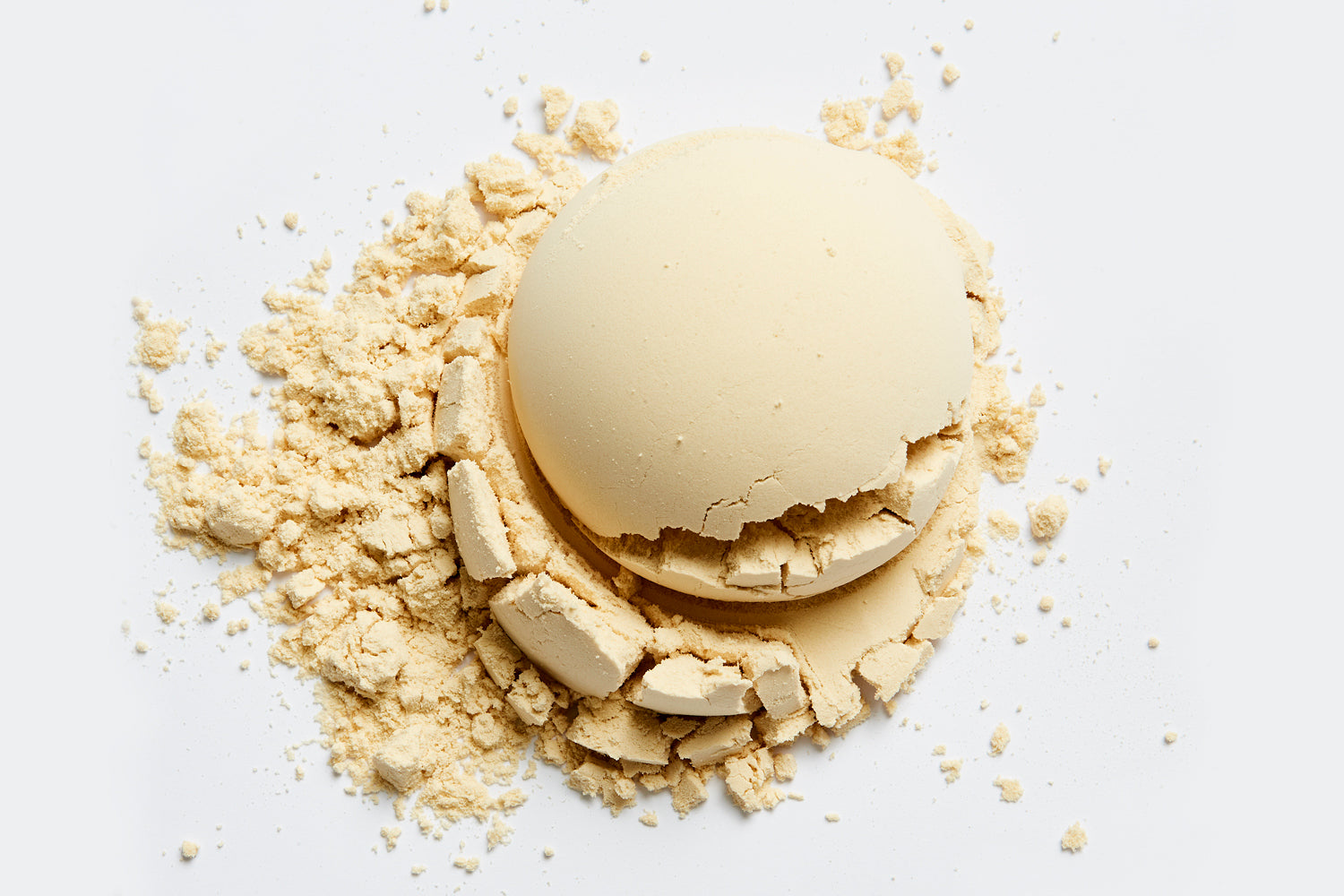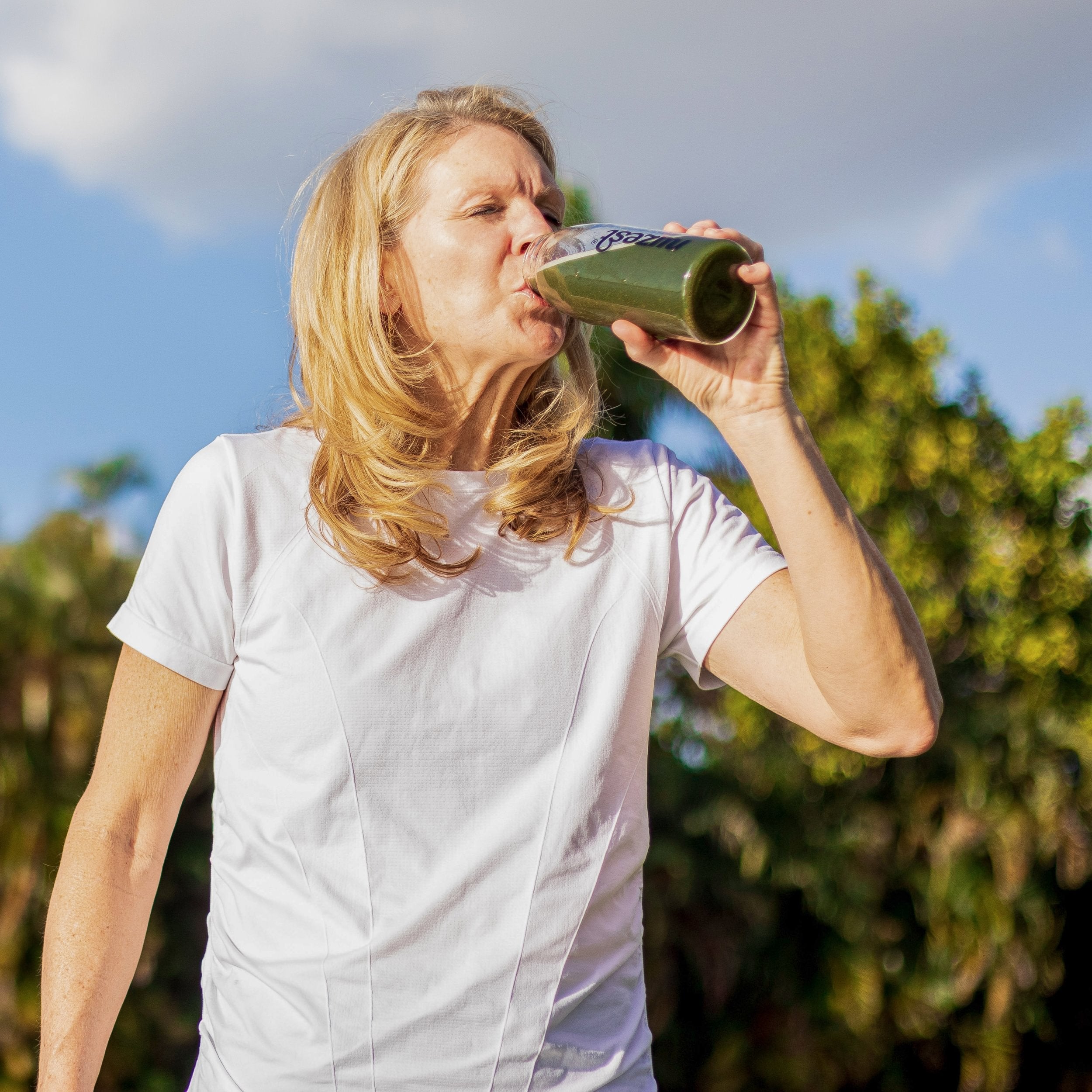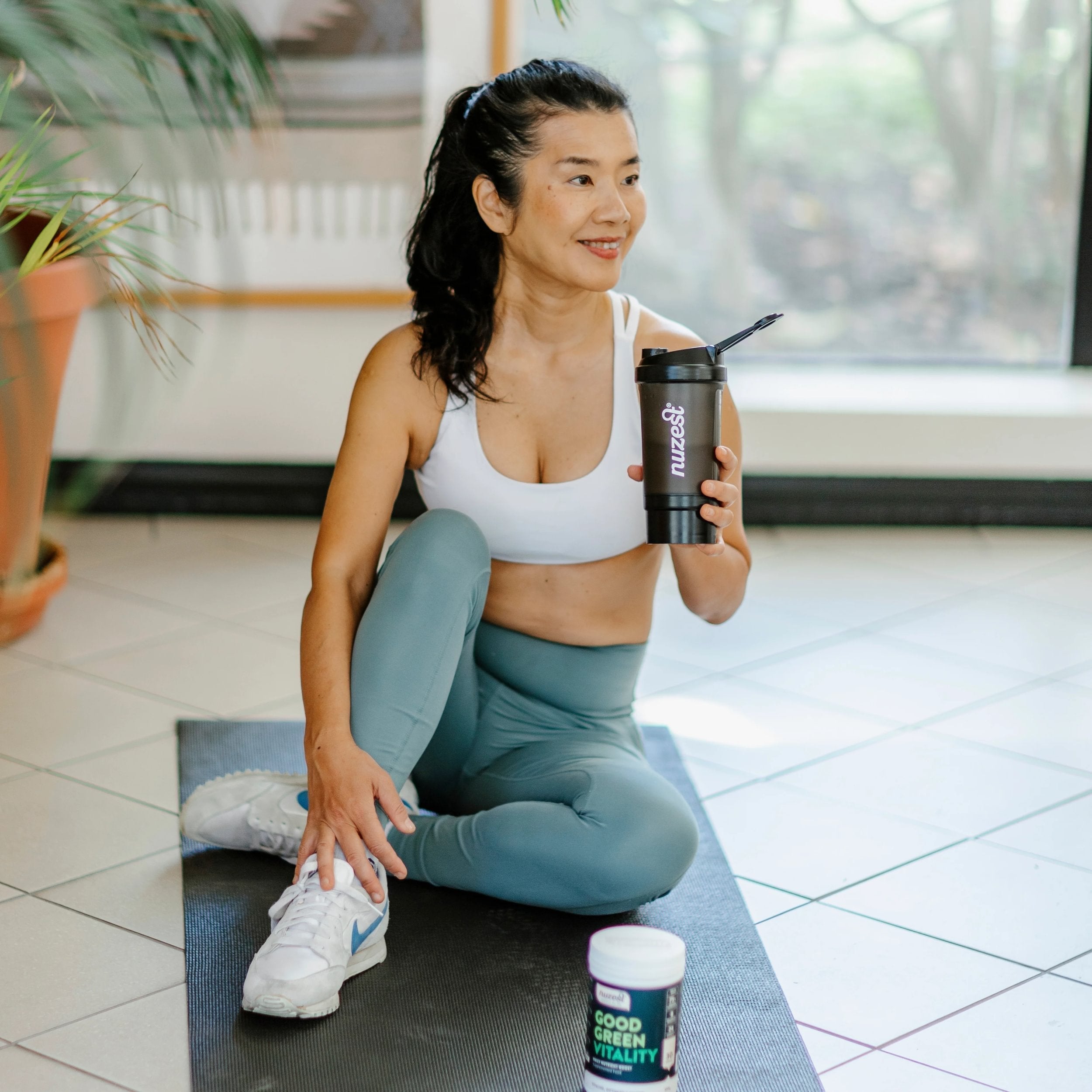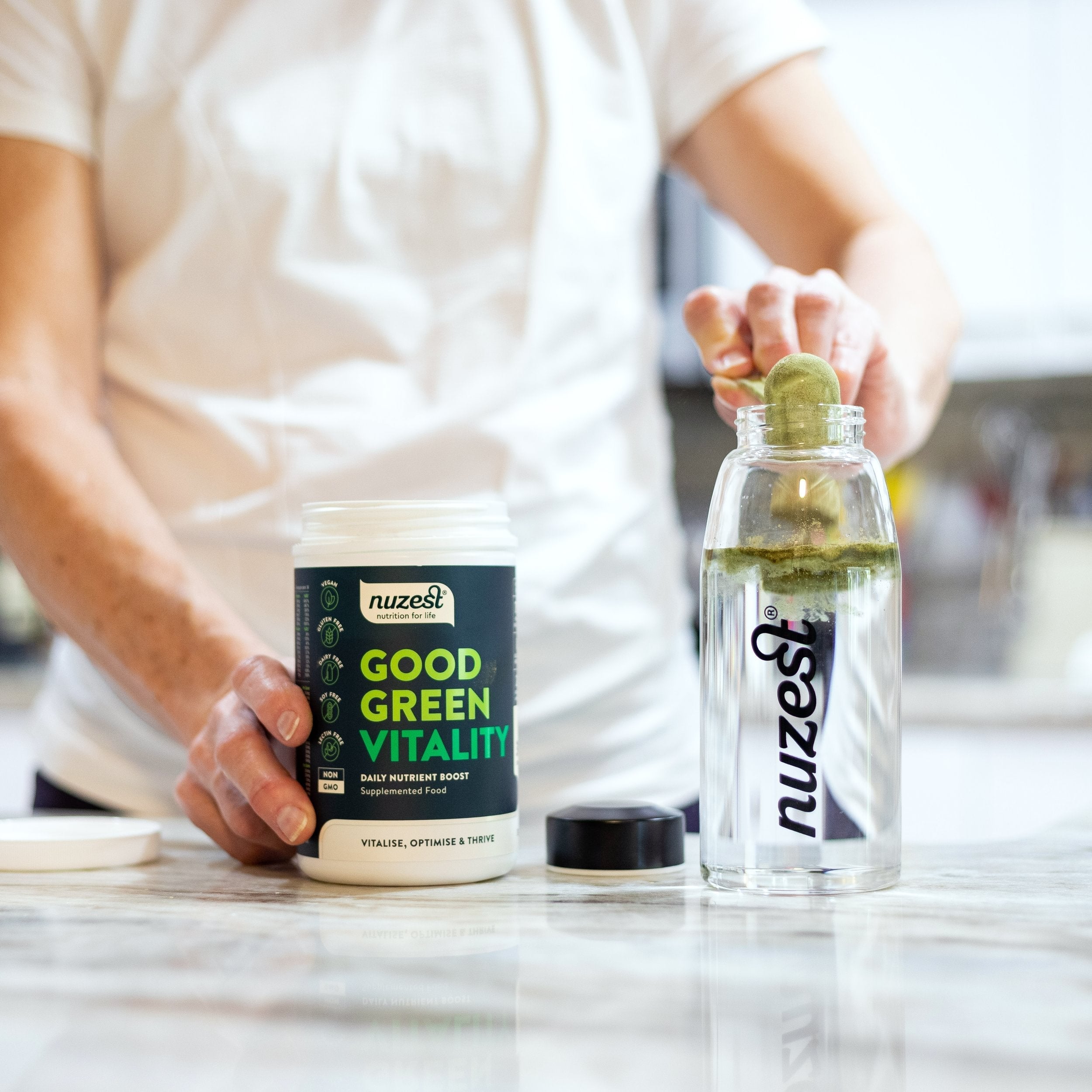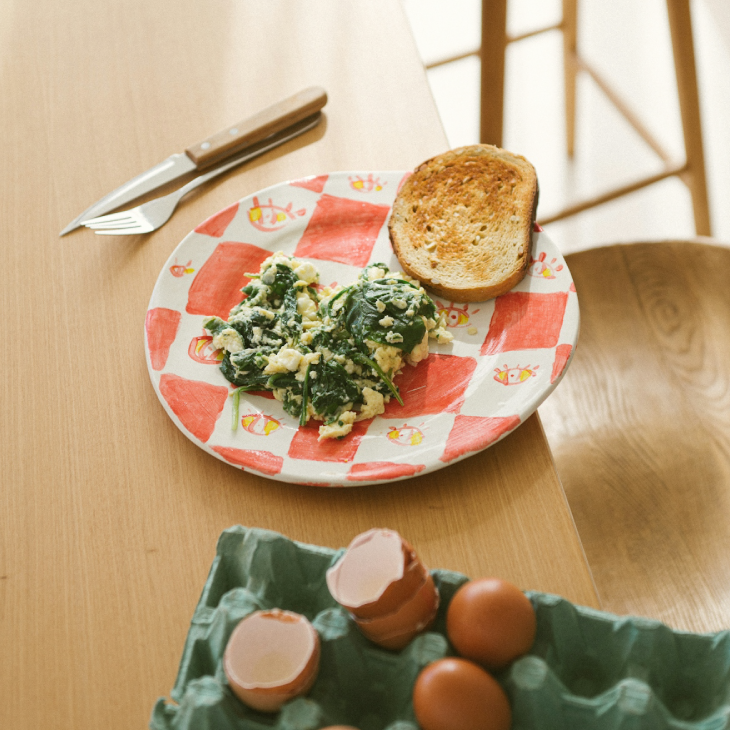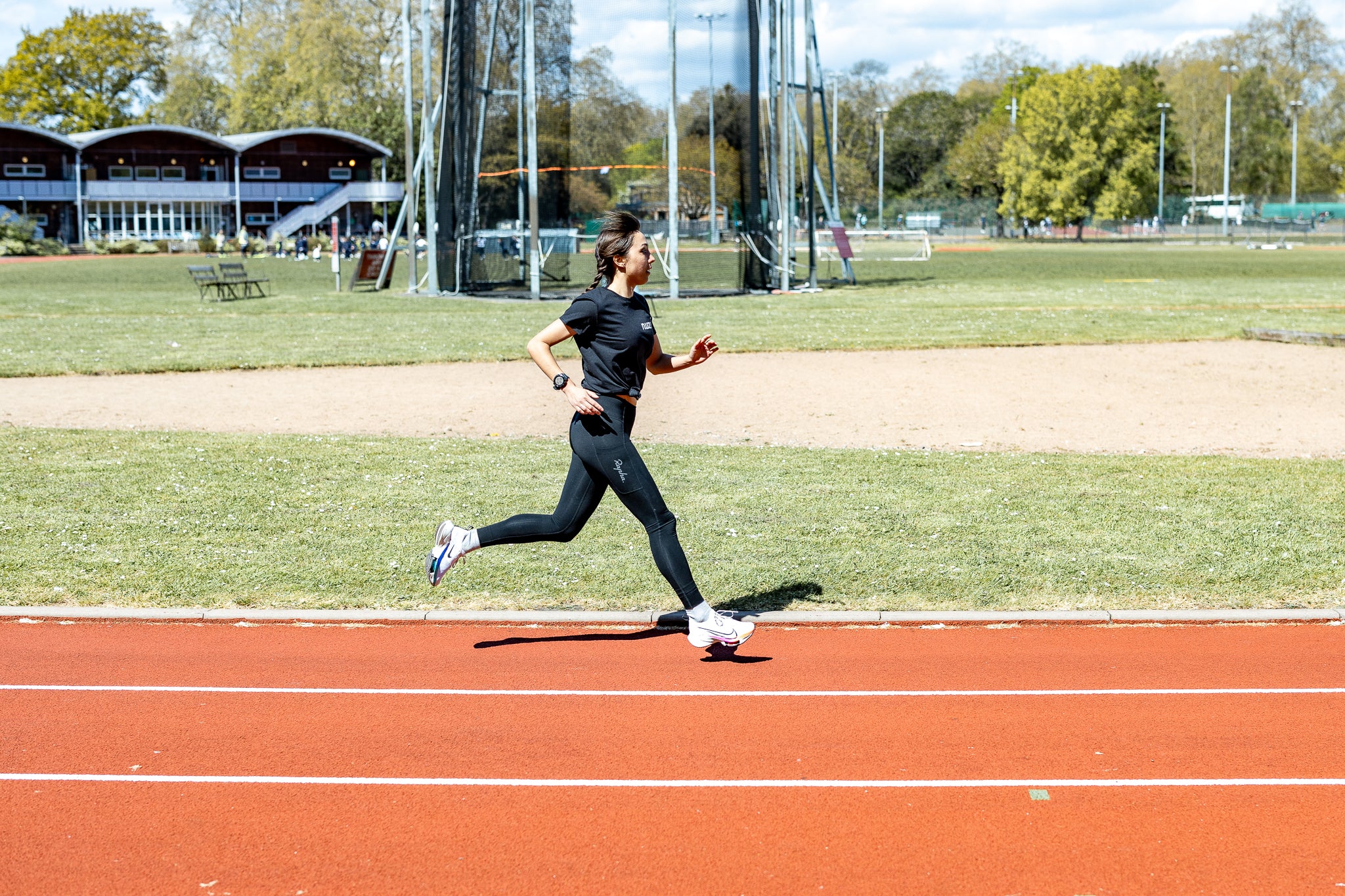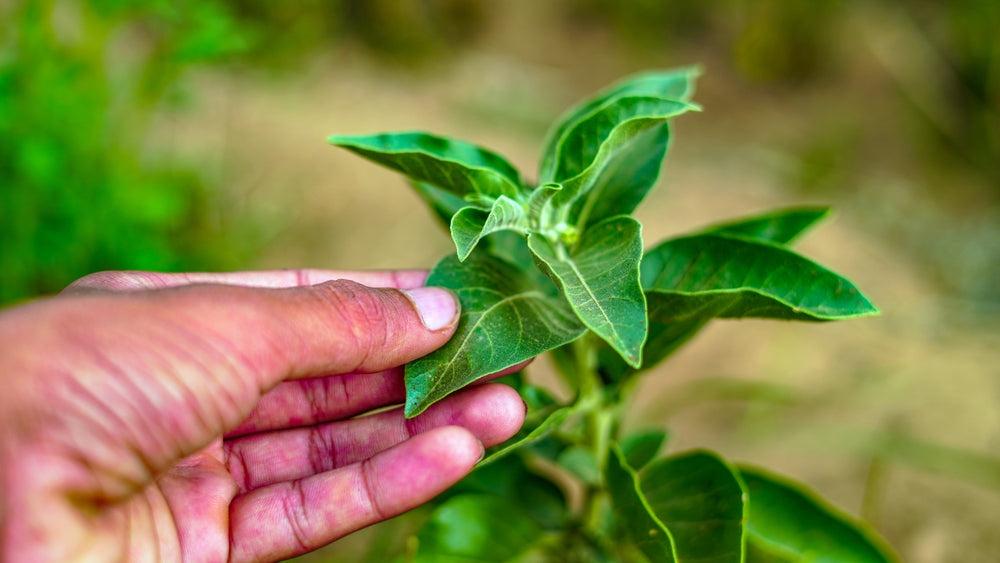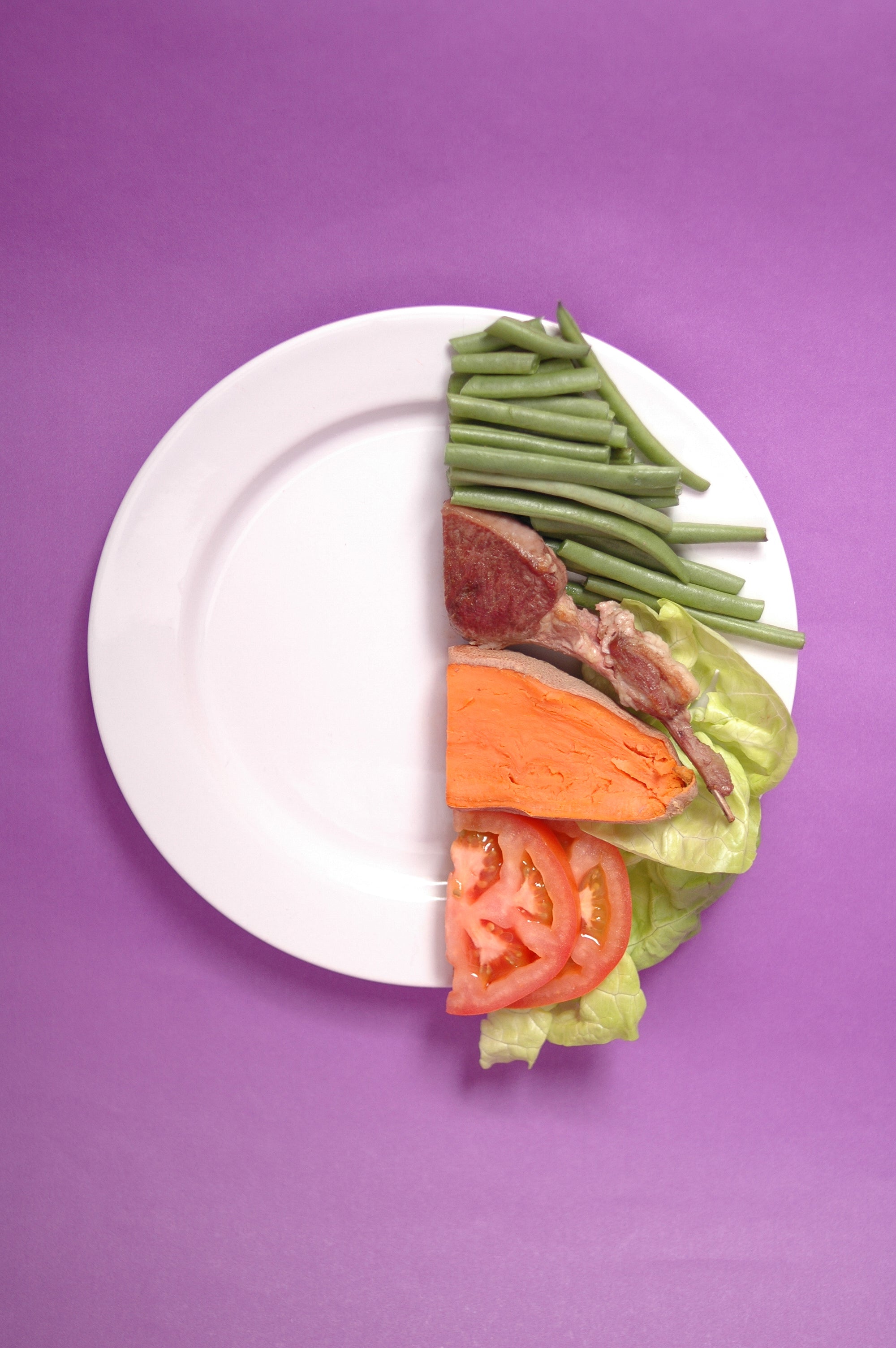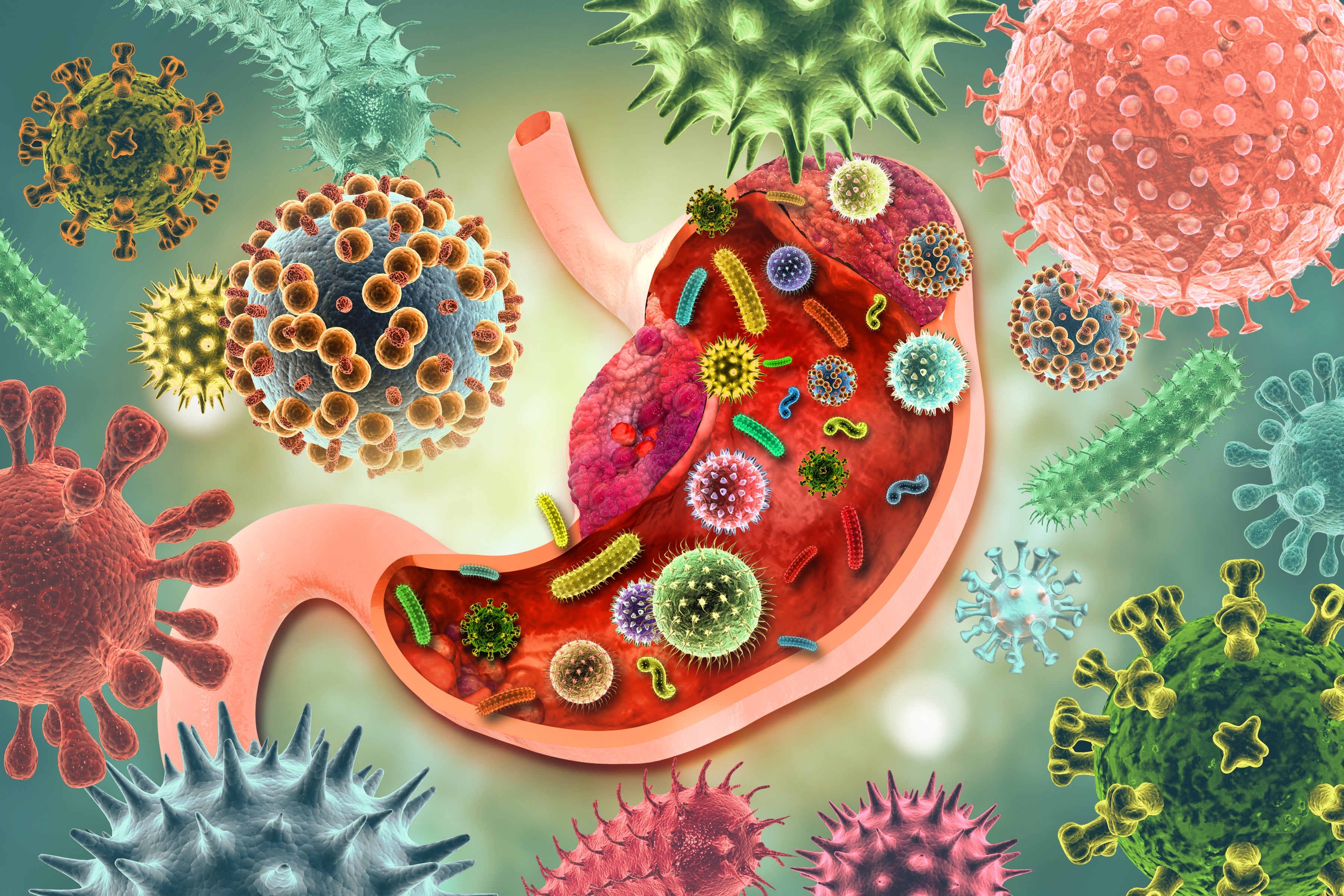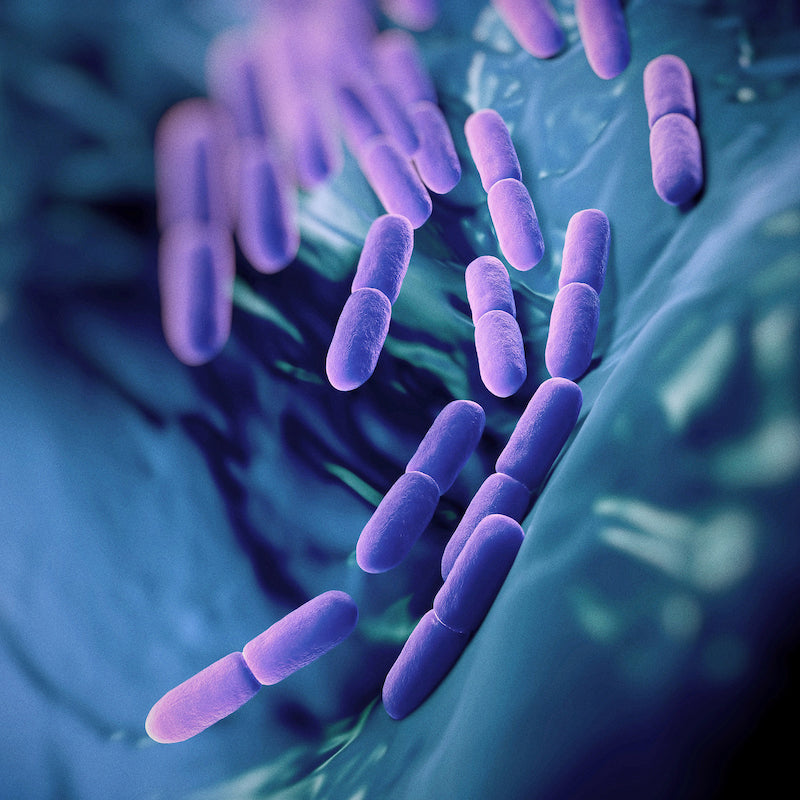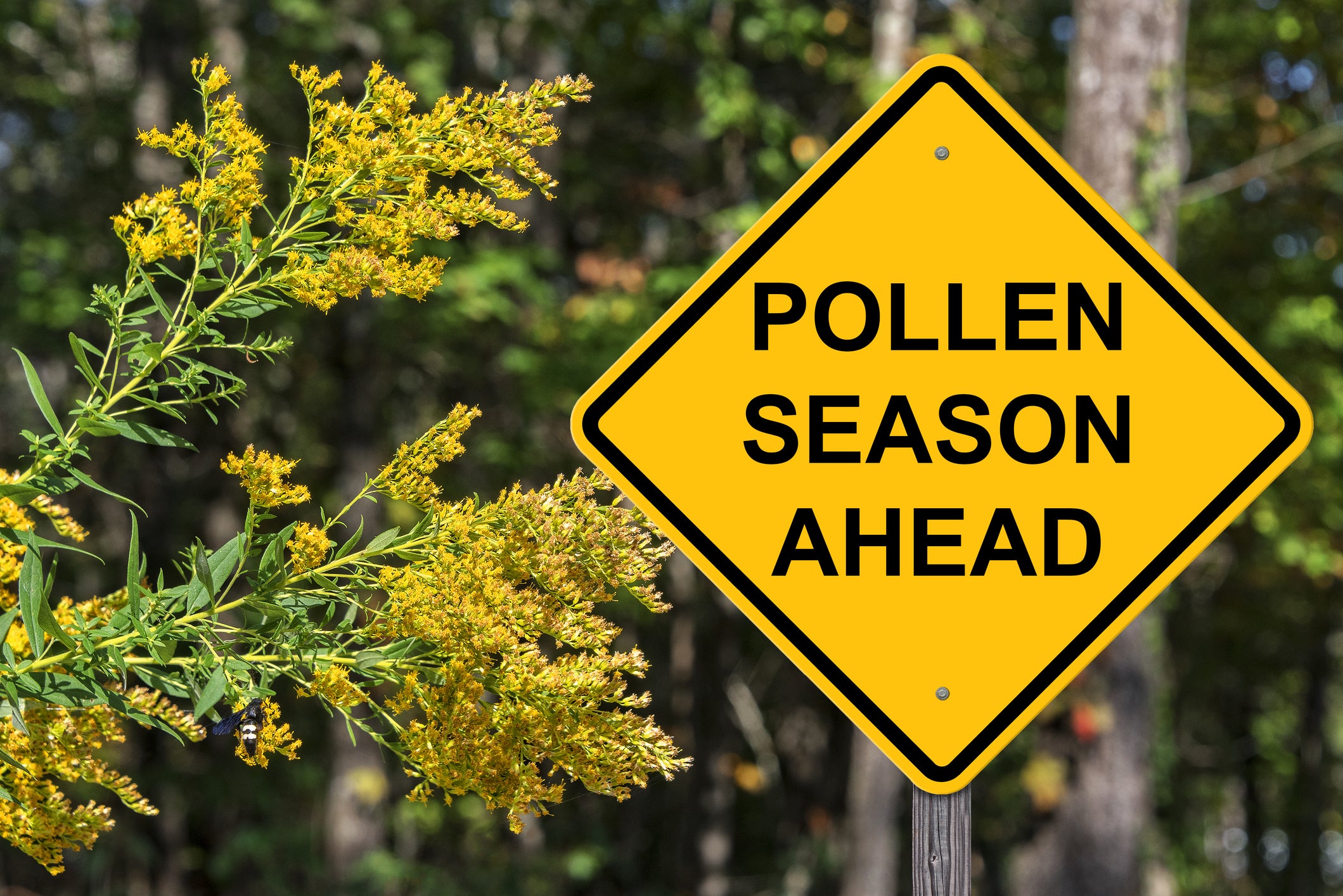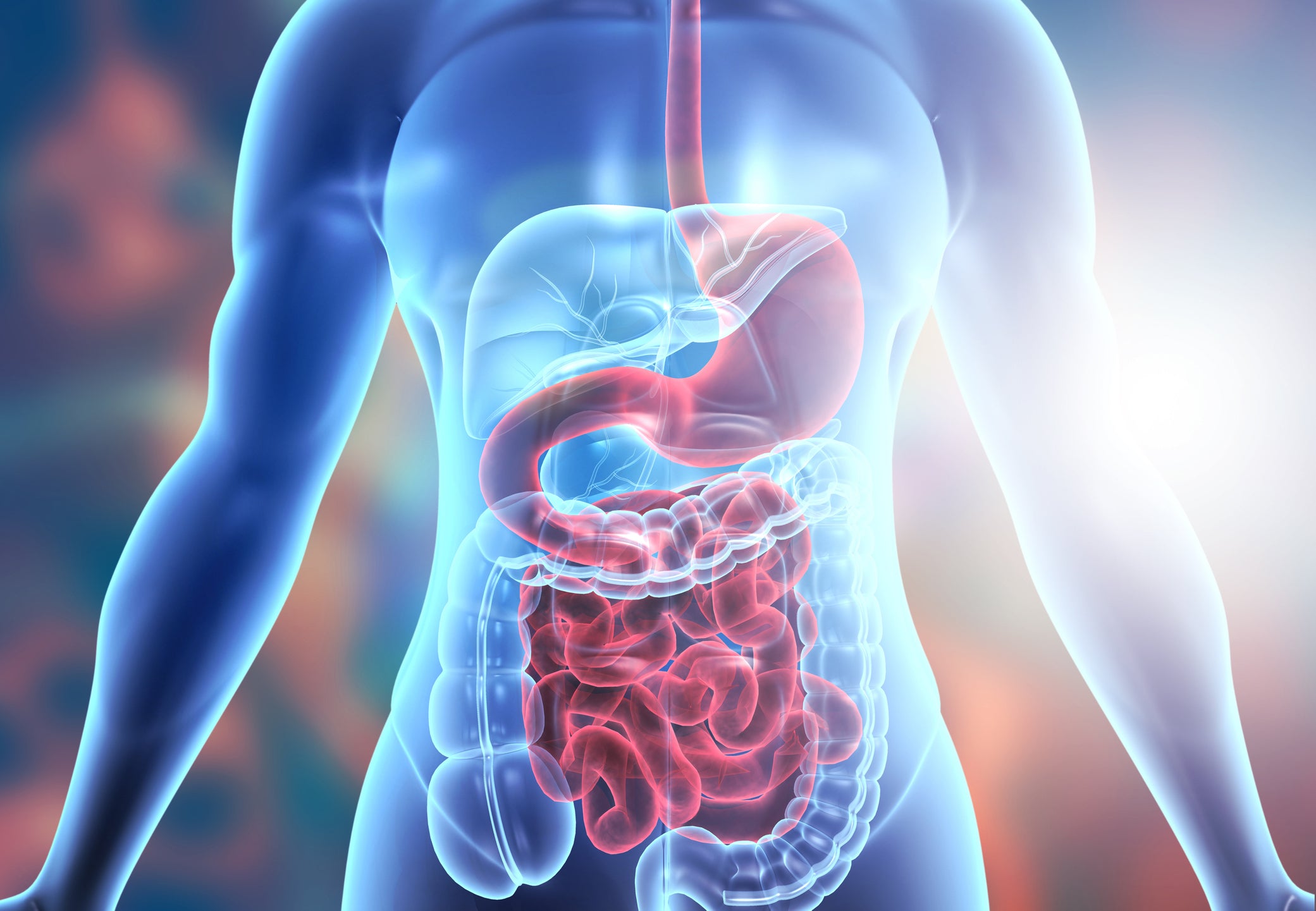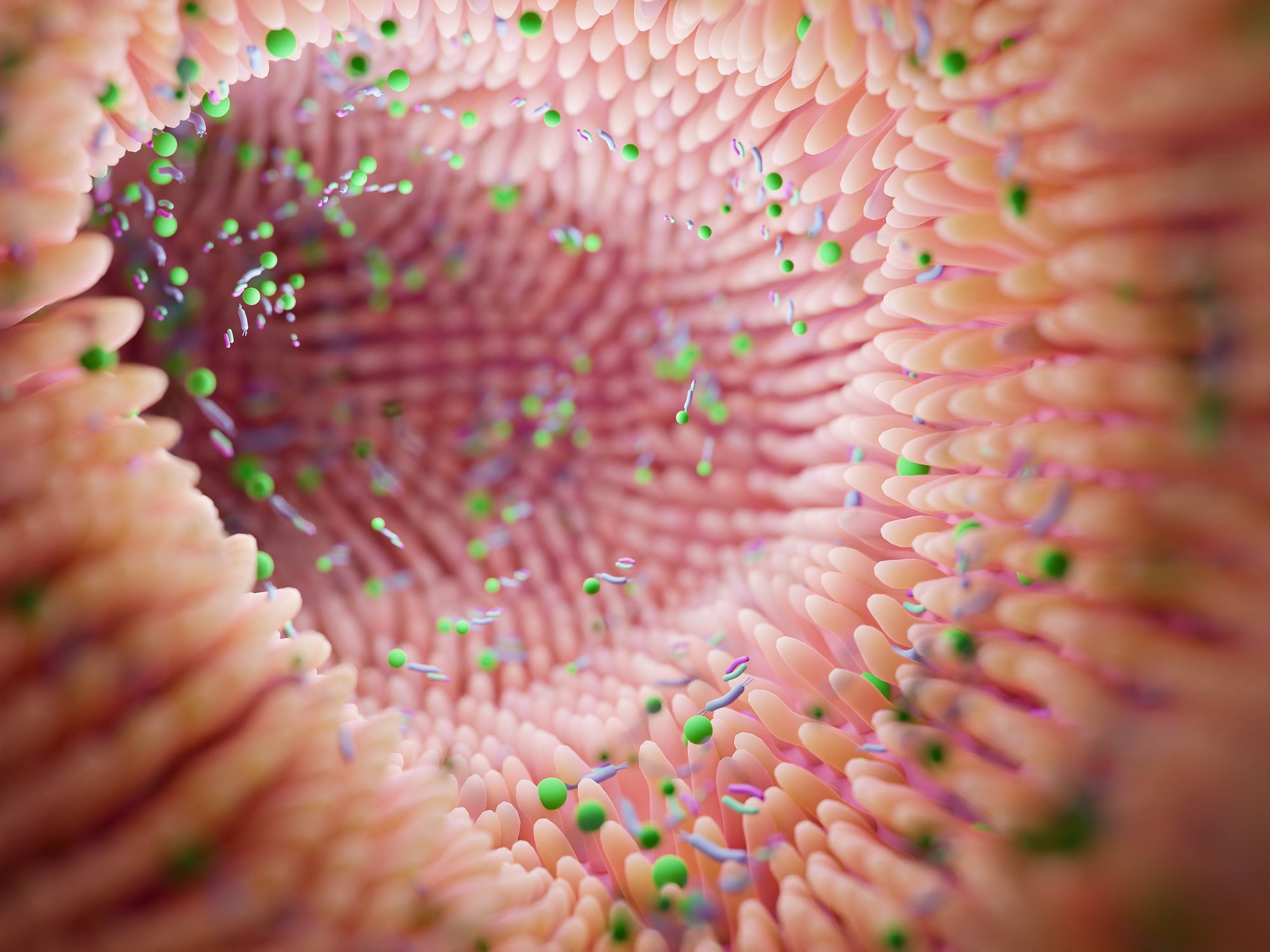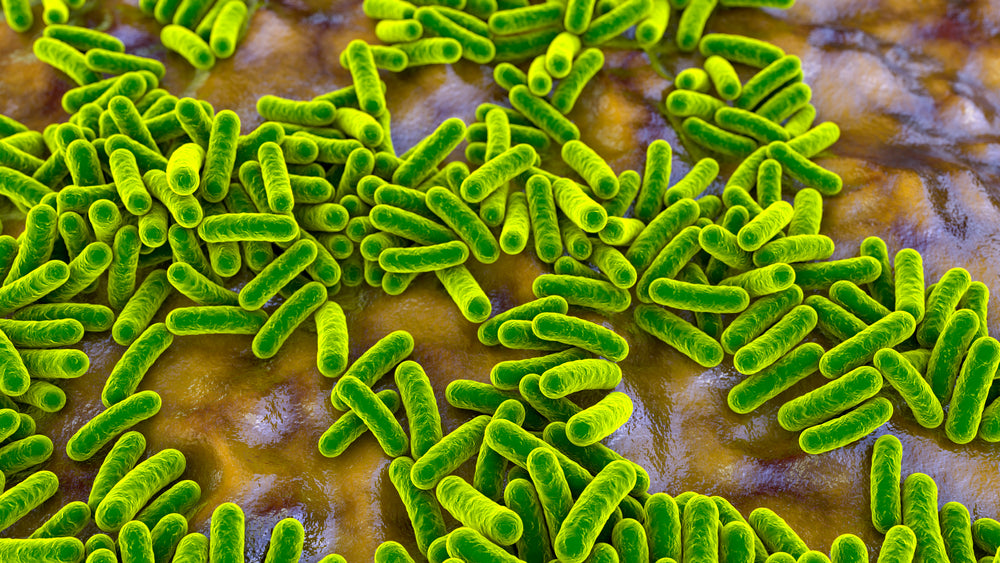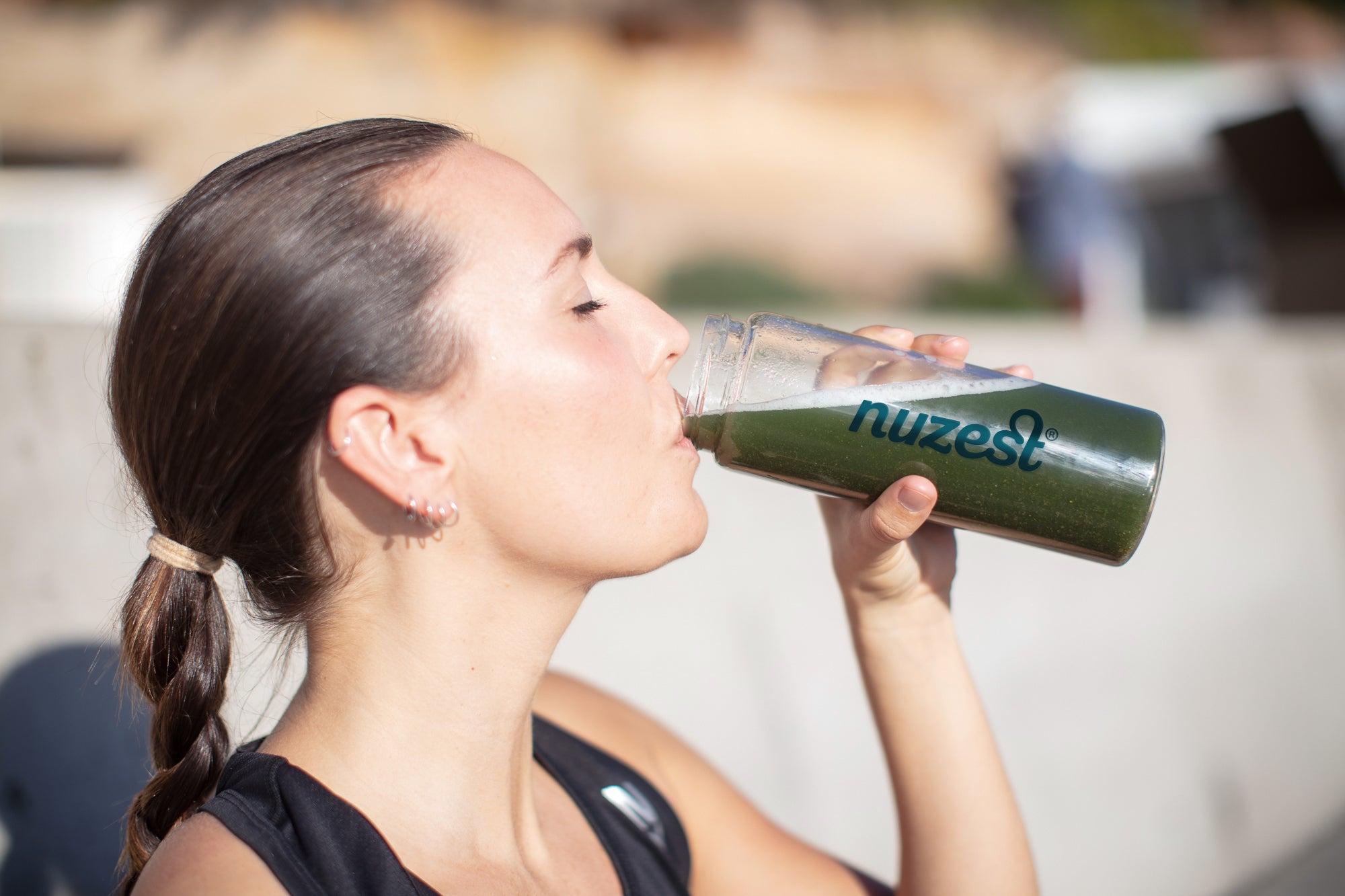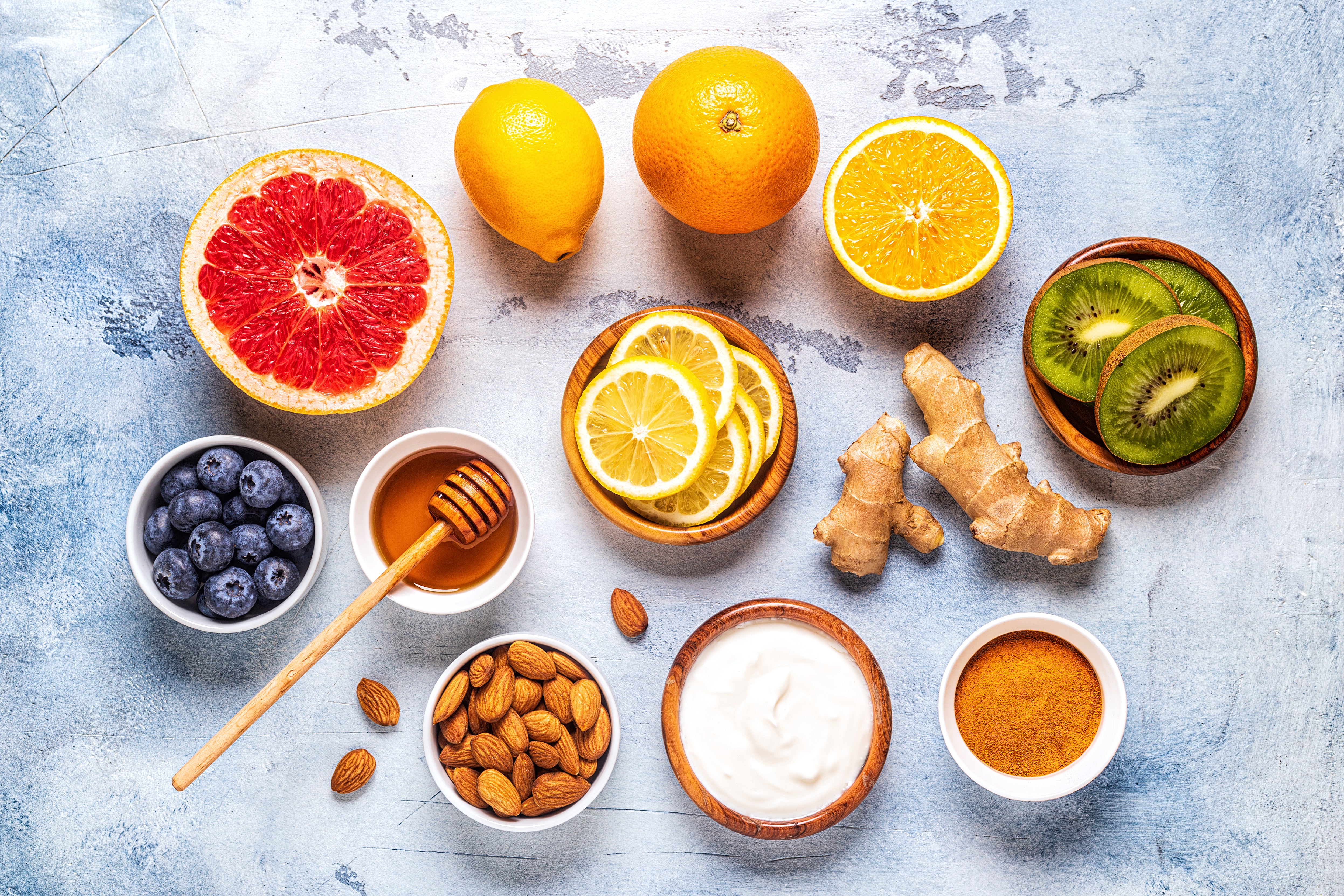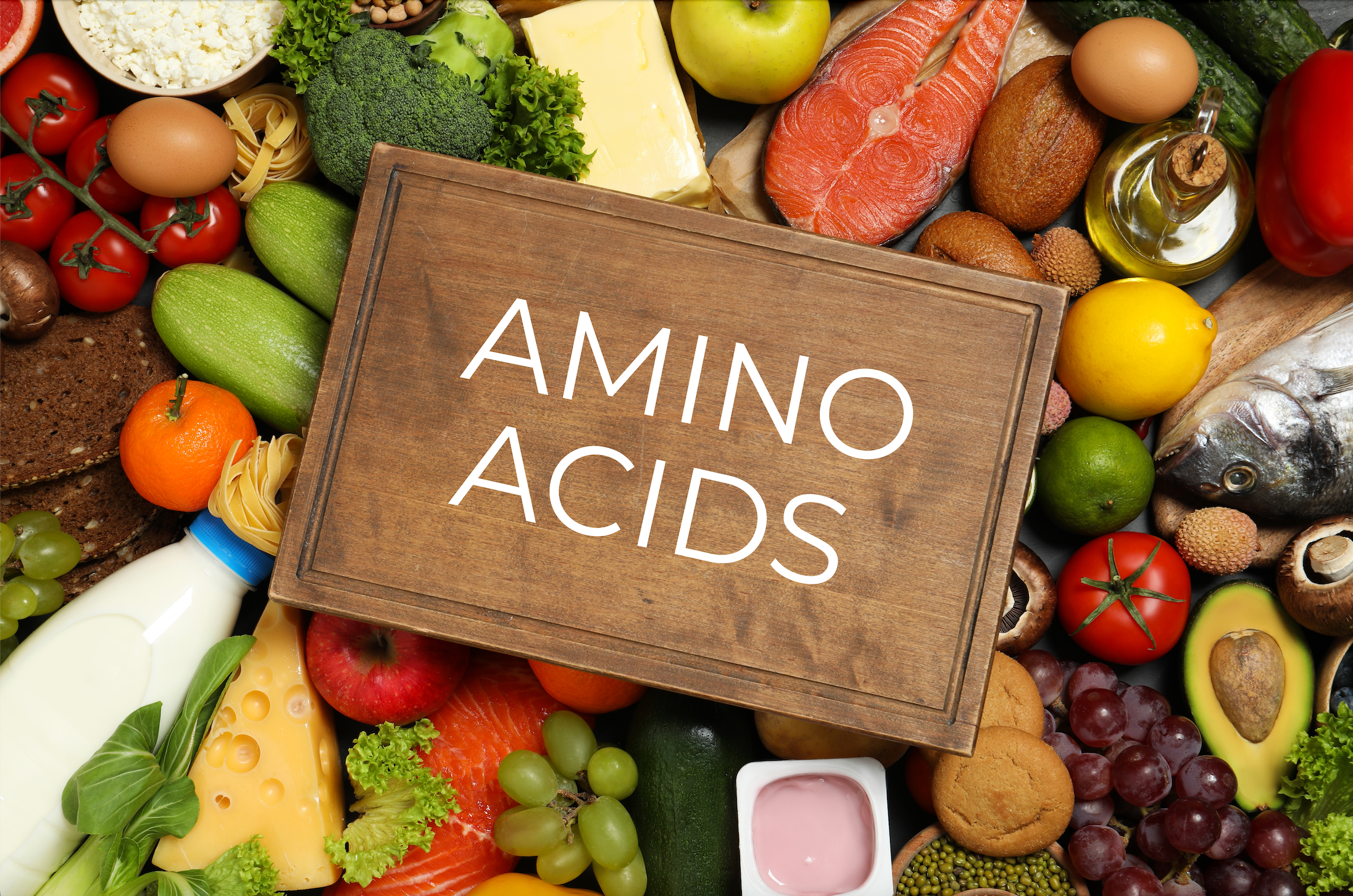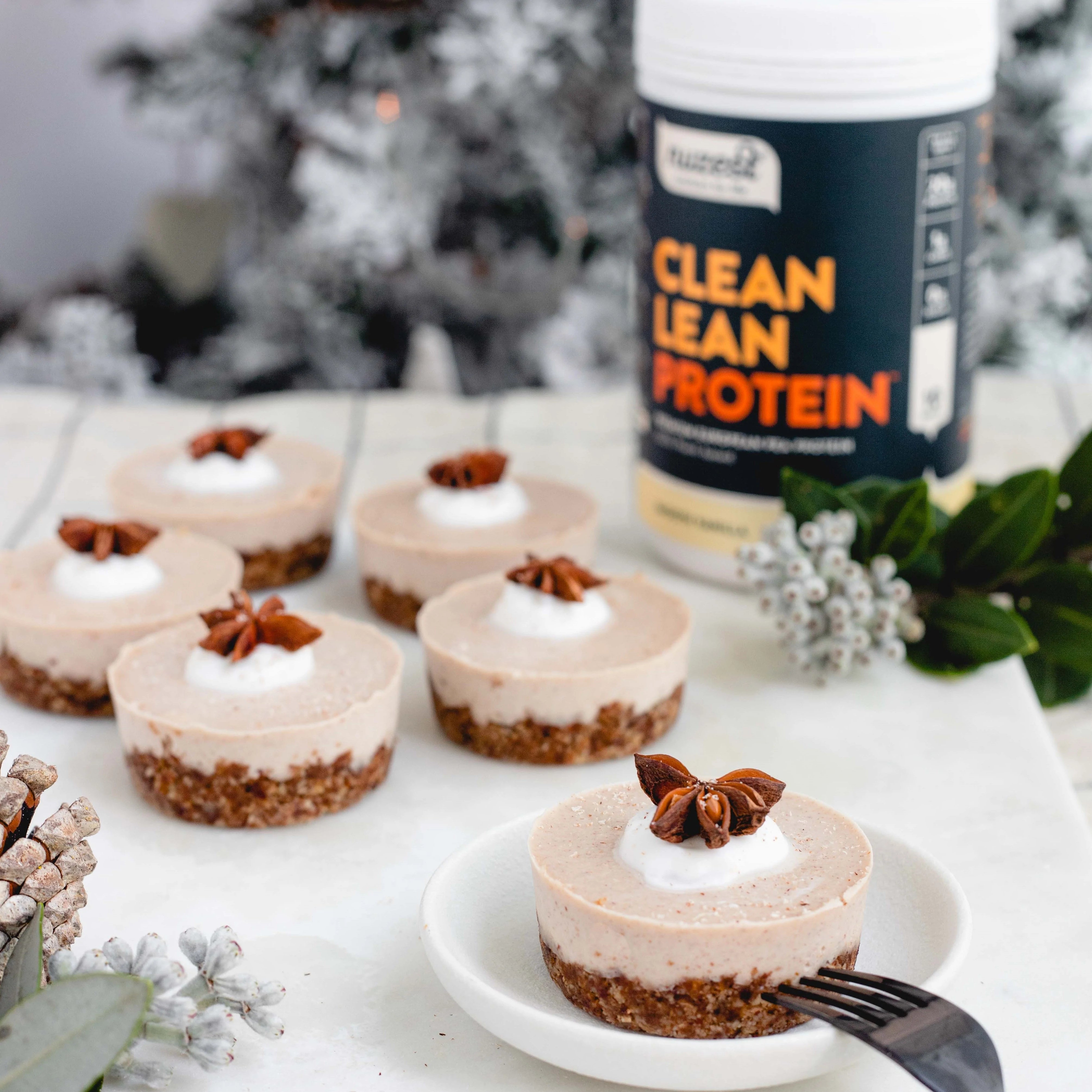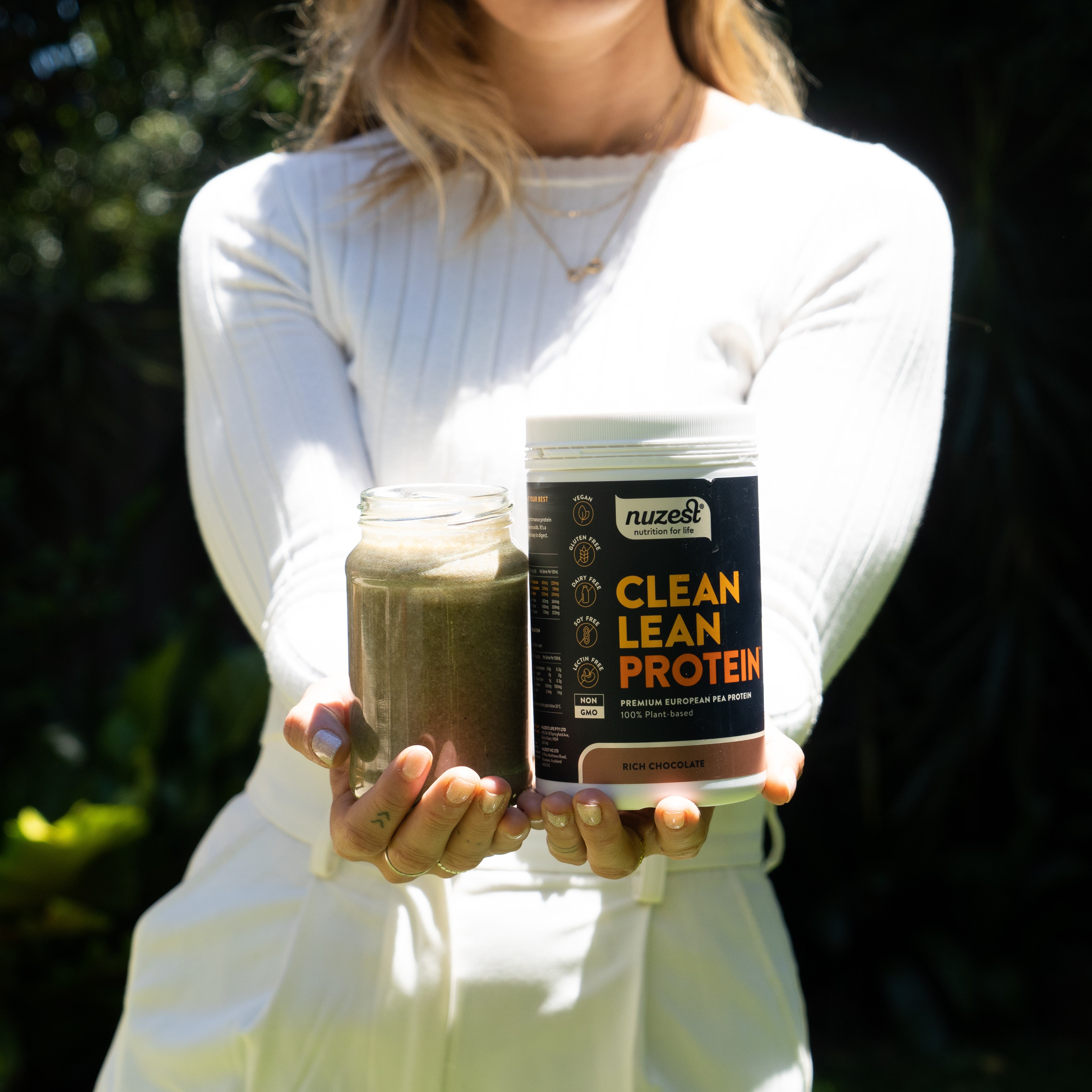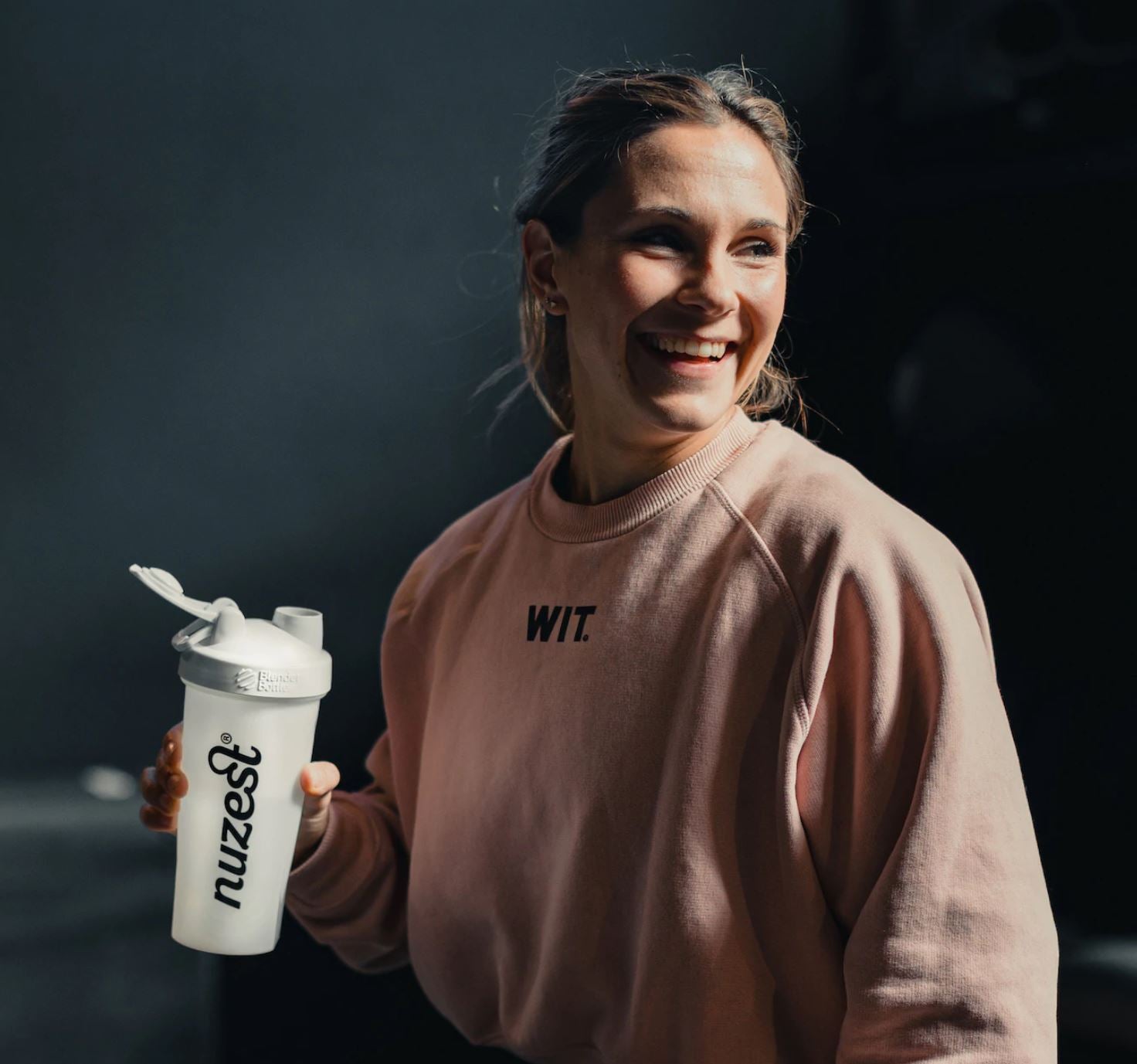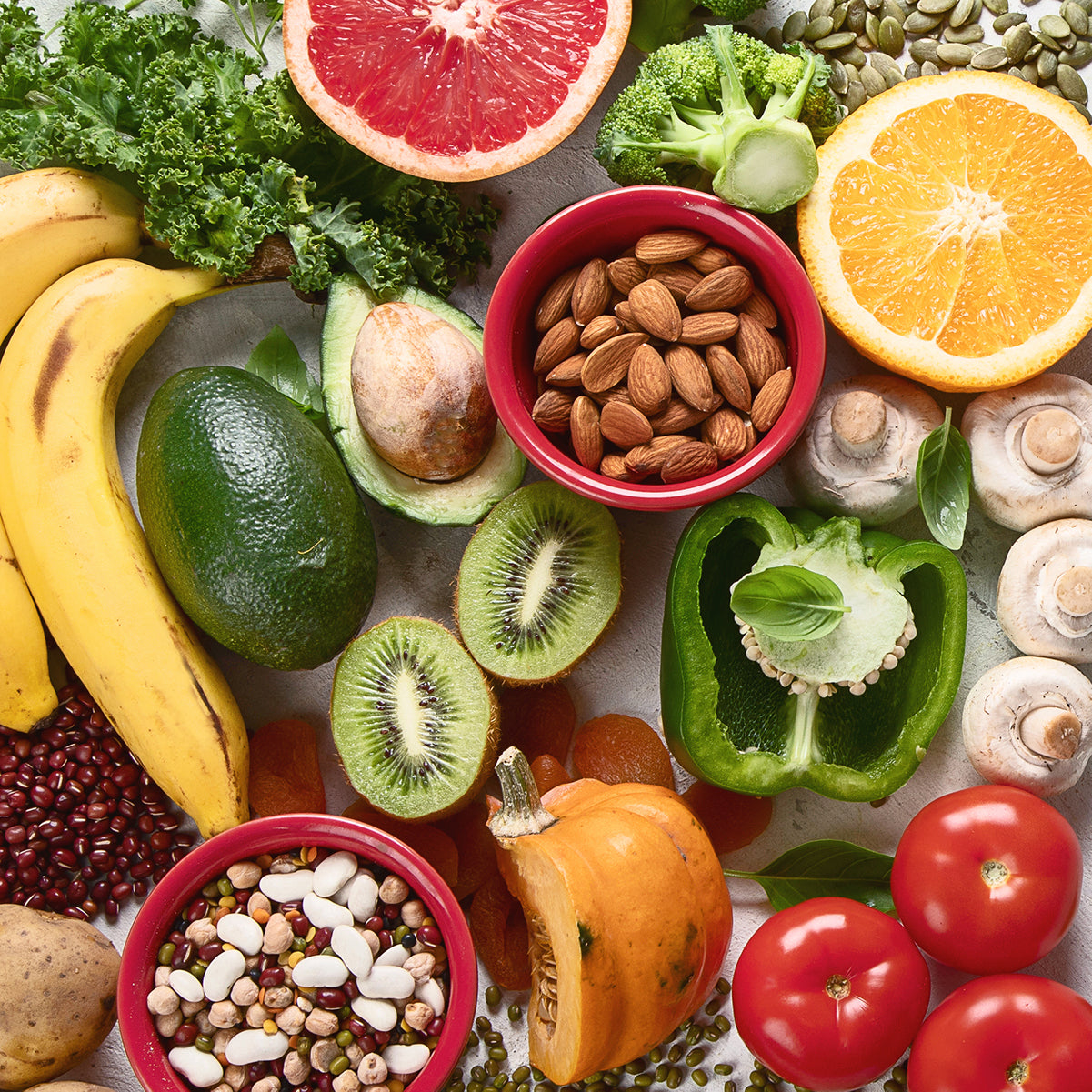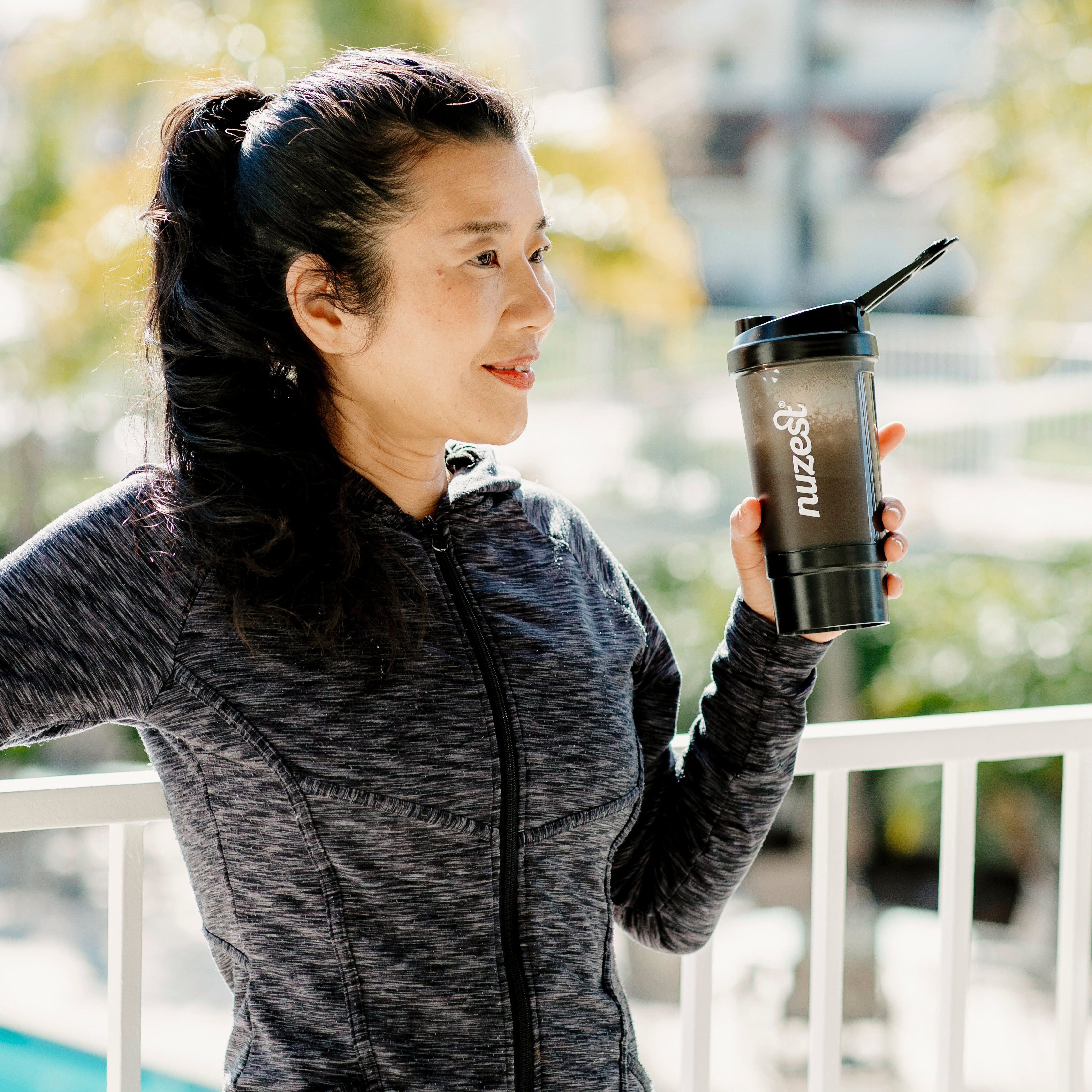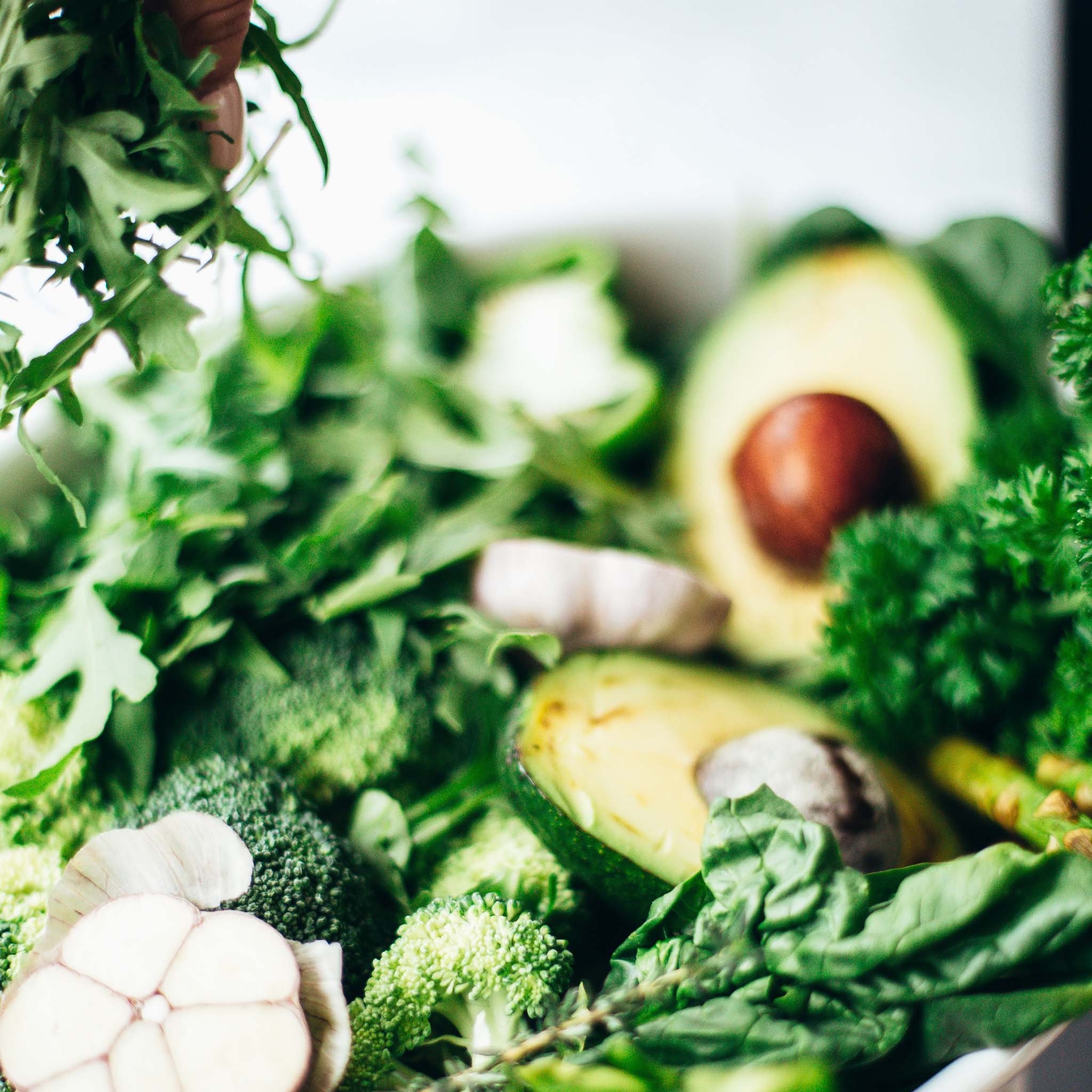Author: Alexandra Hamlin
Both short and long term health require a steady protein intake as protein is needed for growth and development, muscle repair, hormones, immune system function, bone development, hair, energy production and more. Protein provides the building blocks the body needs to function properly in the form of amino acids. The body can make 11 of the 20 amino acids but the other 9 amino acids (known as essential amino acids) need to come from our diet.
When you think of protein sources you may not think of peas, however peas are a complete source of protein and have all nine essential amino acids which are needed for processes in the body. High in fibre and vitamins, pea protein is easy to digest, hypoallergenic and a more sustainable alternative to some of the more traditional protein powder sources.
Protein powder supplements aid the supply of amino acids to the body and can support individuals to reach their health goals. They are a nutrient dense and convenient way to support your daily protein intake. Clean Lean Protein is made from the highest quality European Golden Peas and provides the building blocks for vitality, repair, recovery and muscle growth.
Why European Golden Peas?
The European Golden Pea (Pisum sativum) has been chosen as the concentrated base for Nuzest’s protein powders. The Pea protein in Clean Lean Protein is one of the highest quality pea protein isolates on the global market and is naturally high in protein, starch, fibre, vitamins and minerals.[1]
Typical pea proteins have a protein content of 80-85%, while Clean Lean Protein contains up to 88% protein and is one of the few ‘clean label’ vegetable proteins available. The raw ingredient is free from GMOs, gluten, crustaceans, molluscs, eggs, fish, peanuts, soya, milk, nuts, celery, mustard, sesame seeds, lupin, sulphur dioxide and sulphites.
Not all pea proteins are created equally
Peas are naturally high in anti-nutrients such as phytates, lectins and tannins. These have been shown to negatively impact the absorption of nutrients and can contribute to inflammation in the body. However, the protein we use is extracted via a patented water-based process which ensures the removal of anti-nutrients, increases the protein content and availability from the peas, and makes the resulting plant protein highly available, easily digested, and incredibly fine in texture.
The European Golden Peas (Pisum sativum) used in Clean Lean Protein are are believed to be amongst the best in the world. They are grown primarily in Northern France, an area known for their high-quality soils, clean environment and sustainable farming practices.
What else makes Nuzest’s Clean Lean Protein so unique? Read more about it here.
Whey vs Pea Protein
Whey protein has been long favoured as a protein of choice for athletes due to its high biological value and absorption by the body. It’s derived from milk or dairy products and contains lactose. It is a ‘complete’ source of protein (meaning it has a full amino acid profile) and is quickly digested. For some individuals though, animal derived proteins can be harsh on the digestive system and may cause digestive disturbances. Dairy can be a common allergen and digestive irritant,[2] causing inflammation, and allergies and sensitivities, which may lead individuals to choose a plant-based protein alternative.
Pea protein can provide similar benefits to whey protein but without the dairy allergens and digestive disturbances. Pea protein is suitable for vegetarians and vegans and is naturally gluten free and hypoallergenic. When compared with whey, pea protein is digested slightly faster however it is absorbed slower and is more satiating. Not all plant-based protein powders are complete protein sources and may vary in the balance of amino acids, therefore it's important to be aware of this when choosing a pea protein supplement.
A randomised clinical trial in France (2015) where pea protein and whey protein were compared against a placebo revealed that both protein types contributed to equivalent muscle growth, significantly more than the placebo.[3] Individuals taking pea protein showed a considerably greater increase in muscle mass when compared to those with whey.[4]
Benefits of pea protein:

- High in branch chain amino acids
Pea protein is high in branch chain amino acids (BCAAs) - leucine, isoleucine and valine. These three amino acids are essential, meaning they cannot be produced by the body so must be supplied. BCAAs have been shown to support lean muscle mass and muscle recovery.[5] [6]
- Naturally free of allergens
Pea protein is naturally hypoallergenic, meaning it is free from common allergens such as soy, wheat, gluten, dairy, peanuts, eggs, fish. This makes it an excellent source of protein for vegans, vegetarians, and individuals with allergies.
- Easily digestible
Pea protein is noted for its very high digestibility rating as it is gentle on the gastrointestinal tract. A highly digestible and high-quality pea protein increases its absorption and nutritional quality. Additionally, Clean Lean Protein is also free from fillers, gums, and artificial preservatives, which further increases its digestability.
- Sustainable crop
Peas are classified as a sustainable crop as they use less land and water than other protein sources. Peas also add vital nutrients like nitrogen back into the soil.
Clean Lean Protein is 100% vegan with a protein content of nearly 90% - this is over 4 times greater than that of animal protein sources e.g., meat, chicken, fish. Clean Lean Protein is a rich source of all 9 essential amino acids and contains an average of 20g of protein per serve. It is renowned for its quality, taste, smooth texture and minimal ingredients and is regularly and independently tested to ensure it’s free from contaminants. No matter what your health goal may be, pea protein is a healthy and sustainable protein source.
[1] https://onlinelibrary.wiley.com/doi/abs/10.1002/jsfa.1531
[2] https://www.metagenicsinstitute.com.au/protocols/lactose-intolerance
[3] https://core.ac.uk/download/pdf/195071838.pdf
[4] https://core.ac.uk/download/pdf/195071838.pdf
[5] https://jissn.biomedcentral.com/articles/10.1186/1550-2783-6-S1-P1
